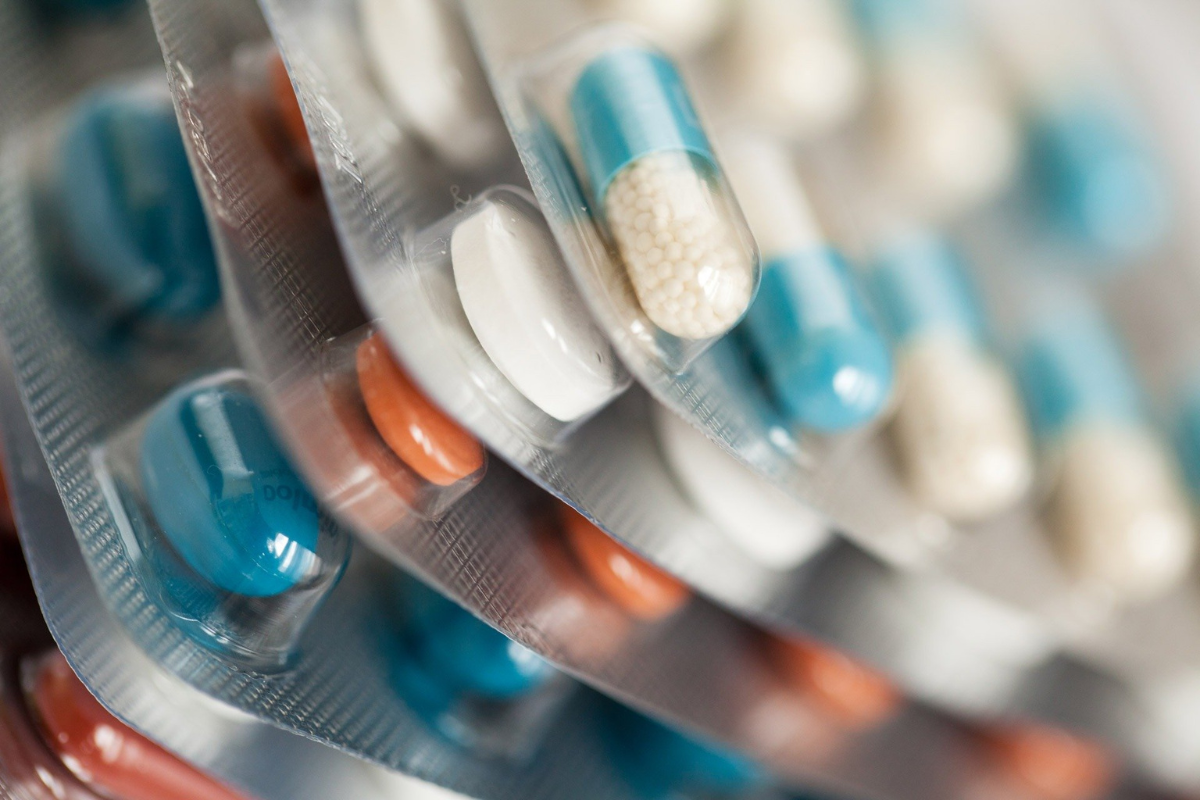Nigeria’s National Agency for Food and Drug Administration and Control (NAFDAC) has proposed the death penalty for individuals involved in the production and sale of counterfeit medicine. The agency announced the measure on February 26, 2025, as authorities intensify efforts to combat the growing public health crisis caused by fake pharmaceuticals.
“This is not just a regulatory issue—it’s a matter of life and death,” a NAFDAC spokesperson stated. Counterfeit drugs have led to thousands of preventable deaths across the country.
Fake medicines often contain incorrect ingredients, harmful substances, or no active ingredients at all. Many fail to treat illnesses and can cause severe side effects, including organ failure and death.
Authorities report that counterfeit drugs make up nearly 17% of all medicines in circulation. Commonly faked products include antibiotics, painkillers, antimalarials, and treatments for chronic conditions.
“The current penalties are not strong enough to deter offenders,” a Nigerian health official said. Existing laws impose fines and prison sentences, but counterfeit drug networks continue to operate.
NAFDAC has been conducting large-scale raids on illegal pharmaceutical factories. In 2024, authorities seized counterfeit drugs worth over $150 million in multiple operations.
Health experts warn that counterfeit drugs have worsened Nigeria’s public health challenges. Patients often develop resistance to real medicines after using ineffective or contaminated products.
The rise of online pharmacies has made it easier for counterfeiters to distribute fake drugs. Many buyers unknowingly purchase unregulated medicines from unverified sources.
“People assume they are buying real medicine, but they’re getting poison,” a medical professional stated. The impact is particularly severe for vulnerable groups, including children and the elderly.
International organizations have urged Nigeria to strengthen drug regulation and enforcement. The World Health Organization estimates that 10% of medicines in low-income countries are counterfeit.
The proposed death penalty has sparked debate. Some argue that strict enforcement is necessary, while others believe harsh punishments could lead to corruption and misuse of power.
Legal experts suggest that a combination of severe penalties and regulatory reforms is needed. Stricter oversight of pharmaceutical imports and sales could reduce the availability of fake drugs.
Nigeria is increasing public awareness campaigns about counterfeit medicines. Citizens are encouraged to buy only from licensed pharmacies and check for official verification codes on packaging.
Technology is also playing a role in combating fake drugs. NAFDAC has introduced mobile verification systems that allow consumers to confirm product authenticity by scanning barcodes.
Authorities are working with international law enforcement agencies to track and dismantle counterfeit drug networks. Many of these operations are linked to global crime syndicates.
Government officials say they are committed to eliminating counterfeit drugs. The proposed law will undergo legislative review before being implemented nationwide.




